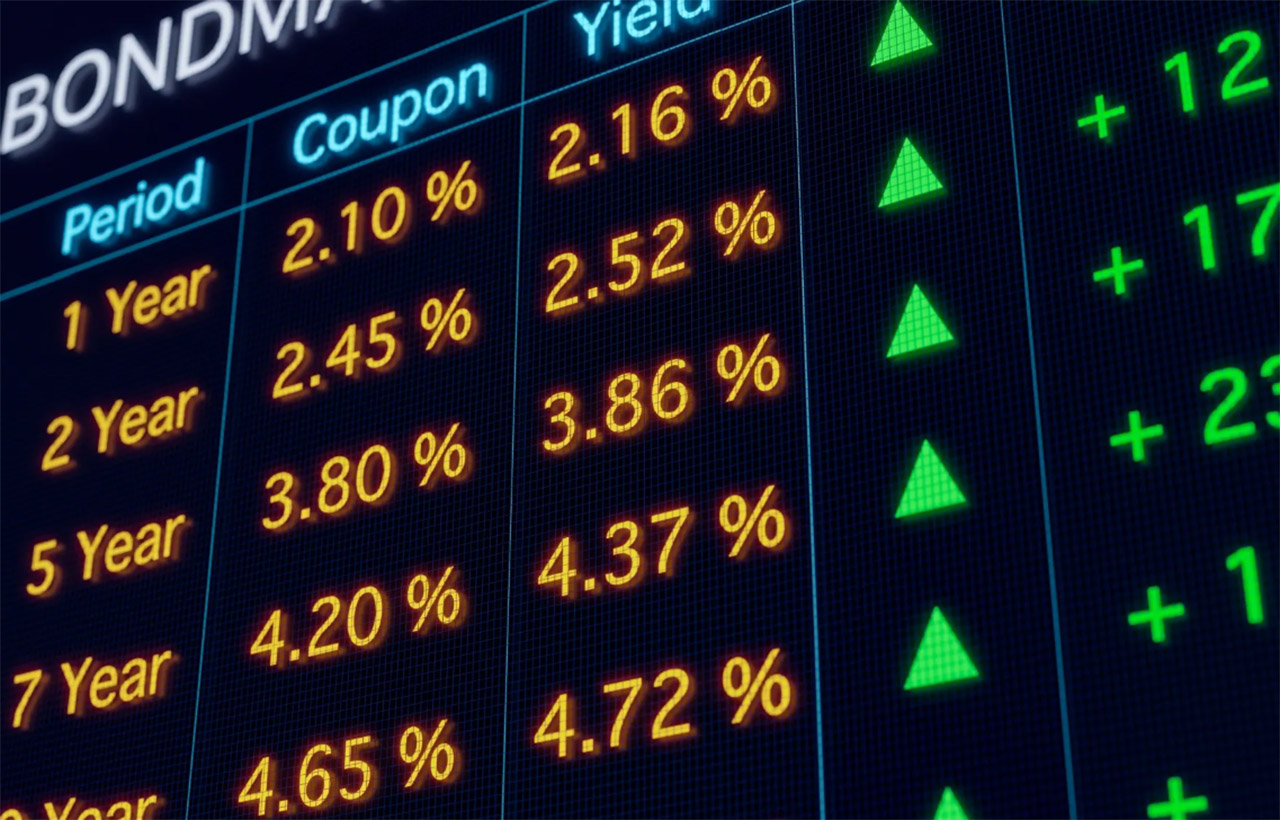

The first few weeks of Brexit have witnessed a fair amount of anxiety among those that trade with Europe; however, the stock had a somewhat solid start to the year. Much of this is down to the relief that there’s a deal, even if many would call it a ‘lean’ deal instead of the nightmare envisaged from a no-deal Brexit. The deal has brought clarity, which the markets love, and many investment managers are optimistic regarding the implications for UK equities.
Even though many have lost their jobs due to the pandemic, lots of the ones who have been working have been able to put themselves into a better financial position, paying down debt and saving. While the UK goes through the transition to some post-Brexit reality, investors will be paying close attention to those businesses that will do well and which stocks will not fare so well.
In the weeks running up to this Brexit deadline at the end of this past year, politicians kept the nation on tenterhooks, as several times it looked like they couldn’t reach a deal.
Now that over a month has passed, how can the years of misery within our connection with Europe stack up?
The big fear was a no-deal Brexit and the chaos which could have caused, in addition to the nearly complete unknown; however, today, we have a deal, companies can plan, and the markets have responded favorably.
What exactly does that mean for investors? Is now a fantastic time to get back into UK stocks, and particularly stocks?
A mix of the political instability that led to there being three general elections over four decades; the doubt of this Brexit process, and the fact

Data from fund consultancy firm Square Mile Research suggests that the UK equity sector was the most viewed by users of its site in the final quarter of 2020.
Jack Glover, the chief operating officer for research and consulting at Square Mile, said: “Q3 may have ended with some mild profit-taking in equity markets, but Q4 saw an excellent continuation of the rally that started in late March 2020.
“Global equity markets rose in mid-teen percentages, and the UK equity markets were no different. It is perhaps unsurprising that after a poor Q3, advisers looked to the UK equity market for ideas in Q4.
“That is not to say there was not an element of caution. The fact that the IA Mixed Investment 20 per cent-60 percent shares sector was the second most viewed would suggest that advisers are seeking to build a buffer against any potential sell-offs.
“It is interesting to note that while many market commentators believe that inflation is due to make a comeback in 2021, inflation protection was the least researched investment outcome.”
UK equities have bounced back since Brexit.


Making a case for UK equities to perform well in 2021 is not that difficult, based on George Godber, who runs the #1.1bn UK Value Opportunities finance Polar Capital.
Mr. Godber says: “In 2016, the UK equity market as a whole traded widely at precisely the same type of valuation level as did other global equity markets, however since then has traded well below the amount of other global developed markets.
“People make the very valid point that many of the biggest companies on the UK market are in sectors where there may be long-term structural issues, but even if you adjust for that, and weigh it by sector, the UK market is still trading at a discount.
“But what we have seen lately is heightened corporate interest in the UK, as overseas buyers look at UK companies. That is something which wasn’t there nine months ago because the market had to wait to get certainty on Brexit, and that is there now.”
He adds: “The uncertainty around whether there would be a trade deal caused a lot of negatives to emerge in the market, so the fact there is a trade deal is a positive.
“It is a thin deal, and it seems to have created a lot of grit in the system, but if there had been no deal, then that would have been a whole cement mixer into the system.”
“The fact that has been avoided means some bounce in the FTSE was justified.”
Simon Murphy, UK equity fund manager at Tyndall, says: “The global economy is displaying all the hallmarks of classic recovery” as we enter the new year with commodity prices rising and risk assets performing better.”
He added that the UK market bore the brunt of the slump because of the character of the businesses listed on the domestic market, and so can outperform the wider world.
Mr. Murphy adds a distinctively national aspect that negatively affected share prices was political uncertainty in the UK, together with three general elections happening within four decades and persistent uncertainty around the Brexit negotiations results.


With these doubts eliminated, the very aspects that made the UK market underperform throughout the pandemic-induced market slump are now the aspects that could lead to the market outperforming, namely the stocks that dominate the UK market, in economically sensitive regions like petroleum, mining, and banking.
This contrasts with the performance of the home market in the period between 2016 and 2020, when the value of sterling dropped, and it was the overseas earners which benefited because the lower value of sterling relative to other currencies increased the value of overseas earnings, while some exported products may also have been made cheaper.
The debut of the Brexit agreement, along with the start of higher international optimism around the pandemic, means sterling has increased in value against the dollar this year.
The dollar is traditionally viewed as a safe haven asset in times of market strife. Hence, as optimism became the most dominant marketplace emotion towards the end of 2020 and into 2021, the dollar decreased, decreasing the comparative worth of overseas sales for UK companies.
Post-Brexit trade deal: three Important takeaways


Since 2020 drew to a close, it marked an end to a dismal year beset by Covid-19 and the UK’s transition period since it finished its membership of the European Union. There was relief over the festive period among investors; a trade deal was finalized, boosting sterling.
However, the details of the arrangement were buried in the 1,500+ page document released on Christmas Day. The deal was given provisional approval in Europe, where it was felt more time was required to scrutinize it. In the UK, the authorities pushed the deal through Parliament a day before the 31 December deadline.
What exactly will the agreement mean to the future of the UK-EU commerce relationship?
We have identified three key takeaways that investors should consider.
1. No tariffs and quotas on traded products, but regulatory hurdles have been erected.
Exports in both directions will mean customs checks, including the burden to offer proof of source of their manufacture of goods. Exports will need to continue to meet EU criteria and therefore are subject to regulatory checks and different customs mandates.
2. No price for services
Even though there is a deal on the trade-in products, there is virtually no deal for solutions. UK companies have lost the right to provide services in many sectors from beyond the EU.
National professional qualifications will no longer be recognized, with the exception of a few areas.
The EU has mostly not deemed UK principles for monetary services as equal. Despite original calls from financial services companies for some special structures or “enhanced equivalence”, it appears that this was abandoned during discussions.
Both sides have agreed to establish “structured regulatory cooperation on financial services”.
The details are somewhat sketchy, but what is clear (and had been expected for some time by most UK-based financial services businesses) is they cannot count on an ability to “passport” by the UK into the EU.
3. On the issue of this “level playing field”, the UK will face stricter rules compared to other EU trade partners (such as Canada and Japan).
Even the EU or UK can unilaterally impose tariffs on products if either deems non-compliant, for example, the illegal use of state aid or loosening of environmental or labor standards.
The UK’s fantastic news is that standards can’t be tightened going forward, and a joint committee will determine if adjustments need to be made.
All in all, the price in place is much better than the otherwise default option of going to World Trade Organisation rules and tariffs. However, the trade agreement is far from perfect, particularly for the UK.
Former prime minister Theresa May summed up the situation nicely, saying: “We have a deal in trade which rewards the EU, but not a deal in services, which might have benefited the UK.”
Sad to say, the return to a national lockdown means that the forecast for UK growth is likely to be downgraded. With the Brexit saga concluded, the government must now concentrate all its energy and resources on combating the Covid-19 pandemic.





